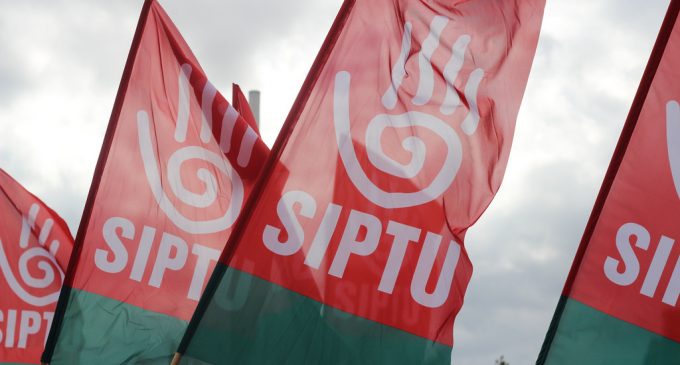SIPTU radiographers in Galway vote for industrial action
Radiographers in University Hospital Galway and Merlin Park University Hospital have voted overwhelmingly for industrial action up to and including strike action in a dispute over safe staffing levels. The result follows months of frustration over recruitment and retention issues at the two hospital sites which have left SIPTU members facing a significant extra workload amid a 20 percent staffing deficit.
Proposals put forward by SIPTU representatives to address these issues have been rejected by management in recent weeks. Management’s reluctance to consider additional out-of-hours services in particular is at odds with the stated positions of the Minister of Health and HSE CEO. University Hospital Galway is one of the few hospitals and acute stroke centres in Ireland that does not provide an on-site radiographer at out-of-hours times for CT scans.
SIPTU Sector Organiser, John McCamley, said: “There is a growing demand for qualified radiographers across Ireland. As a result, fundamental changes must be made to attract radiographers to Galway. If these are not forthcoming, there will be a full-blown crisis in both hospitals.
“SIPTU representatives are concerned that staffing deficits for radiographers in Galway could cause significant safety issues. We are calling for immediate action to be taken by management to address recruitment and retention.”

